Health Tips Posts on Crowch
October is the time when society raises one of the most difficult and painful issues: domestic violence. This month was created to speak openly about what has too often been hidden in silence. It exists to remind us that violence is not a “private family matter,” but a widespread social issue that touches millions of lives across all backgrounds, cultures, and communities.
Domestic violence does not always appear as physical harm. It can be psychological abuse, verbal insults, restrictions on freedom, financial control, or constant humiliation. Each of these forms causes deep and lasting wounds. It shatters trust, destroys self-esteem, and can trap survivors in cycles of fear and dependency. Too many people remain silent — out of fear of retaliation, shame, or the belief that no one will listen. But the truth is simple and powerful: violence is never normal, and silence should never be the answer.
✨ Why does this month matter so much?
- It breaks stereotypes. Domestic violence can happen to anyone, regardless of gender, age, race, or income level.
- It defends human rights. Every person deserves safety, dignity, and the right to live free from fear.
- It highlights support systems. Hotlines, shelters, crisis centers, counselors, and community organizations are there to help — and survivors must know they are not alone.
- It shows the strength of community. When we raise our voices together, we amplify the message that violence has no place in our homes or societies.

Domestic Violence Awareness Month is not just another awareness campaign. It is a movement for change. It calls on us to notice, to care, and to act. It urges us not to look away when we know someone is suffering. It gives us the chance to support initiatives that protect survivors and to stand behind those who are rebuilding their lives. And it reminds us of our shared responsibility to raise future generations in a culture of equality, empathy, and respect.
Silence is part of the problem. When survivors are left unsupported, violence continues unchecked. But when society speaks openly, challenges the stigma, and provides safe paths forward, real change becomes possible. Every voice raised, every conversation started, and every act of support matters.

October in purple is more than a symbol. It is a declaration of solidarity. It is a reminder that love is stronger than fear, and that care is stronger than cruelty. It represents our hope for a future where homes are safe, families are free from violence, and every person can live with dignity.
Together, we can build that future — one step, one voice, and one act of compassion at a time.
October is a month painted in pink. It reminds us of the importance of taking care of our health, of the strength of support, and of the power of hope to change lives.
Breast cancer remains one of the most common cancers among women worldwide. Yet it is also a disease that can and must be fought. Modern methods of diagnosis and treatment give thousands of people a chance, and early detection often becomes the key to survival.
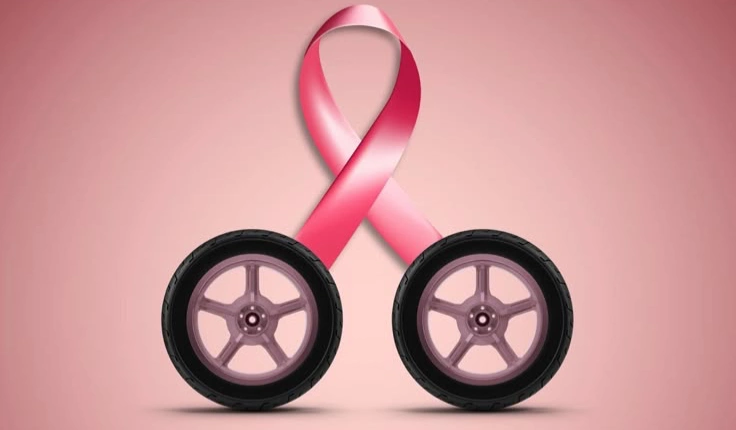
But Breast Cancer Awareness Month is not only about medical facts. It is, above all, about people. About women who find the strength to keep fighting every single day. About families who stand as a solid pillar of support. About doctors who put their hearts and knowledge into giving patients a future.
What does this month stand for?
- Reminder. Check your health. Don’t postpone doctor visits. Self-exams and regular screenings can save lives.
- Support. No one facing the disease should feel alone. Every smile, every kind word of encouragement matters.
- Hope. Stories of recovery inspire us and show that victory is possible.
- Unity. Millions of people around the world wear the pink ribbon to say: “We are together.”

Breast Cancer Awareness Month is a time to act. To take a step for yourself and for others. To share information, support a charity, remind loved ones about prevention. Even the smallest gesture can make a huge difference.
🌸 October in pink is a symbol of life, strength, and the future. A future where knowledge and solidarity are stronger than fear.
October around the world is marked by the pink ribbon — a symbol of the fight against breast cancer, of support, and of hope. This month reminds us that health is a priceless value and that caring for ourselves and our loved ones can save lives.
Breast cancer is one of the most common forms of cancer. But at the same time, it is a disease that can often be defeated if detected early. Modern medicine, regular screenings, and being attentive to our bodies give millions of women and men (since breast cancer can also affect men) a chance at life.
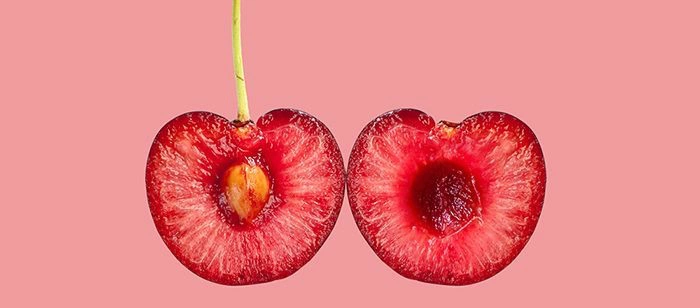
What does Breast Cancer Awareness Month stand for?
- Knowledge. The more we talk about prevention and diagnosis, the higher the chances of stopping the disease in time.
- Support. This month reminds us that no one should face fear and illness alone.
- Solidarity. The pink ribbon unites people, showing that we are in this fight together.
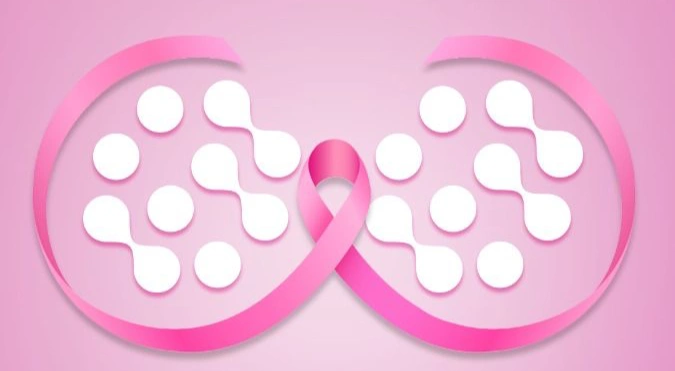
Breast Cancer Awareness Month is about stories. Stories of struggle, resilience, victories, and love. It is about women who find the courage to move forward every day despite pain and hardship. It is gratitude to doctors who fight for every life. It is about the words of encouragement from family and friends who stand by in the hardest moments.
Each of us can contribute: by sharing information, reminding loved ones about prevention, supporting a charity, or simply offering words of hope. Small steps add up to big changes.
October in pink is not just a symbol. It is a reminder that caring for ourselves is an act of strength. It is faith in life and in a future where the words “breast cancer” will no longer sound like a sentence.
Every October, millions of people around the world unite to talk about an important topic — the fight against breast cancer. This month is not just a symbol of the pink ribbon, but a reminder of the value of life, self-care, and supporting one another.
Breast cancer remains the most common type of cancer among women. Statistics show that one in eight women may face this diagnosis during her lifetime. But it is important to remember: early detection saves lives. Regular medical checkups, self-examination, and being attentive to your own body help identify changes at the earliest stages, when the chances of successful treatment are highest.
Breast Cancer Awareness Month carries several key goals:✨ To inform — reminding women and men (yes, men can also develop breast cancer) that prevention and knowledge can save lives.✨ To support — providing emotional, psychological, and material assistance to those undergoing treatment or who have already overcome the disease.✨ To unite — families, communities, organizations, and even entire nations in the fight against fear and in breaking down myths surrounding the illness.
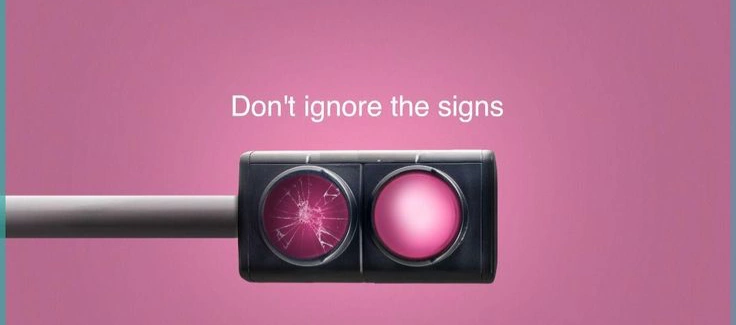
💗 This month is about strength. The strength of women who go through treatment every day and refuse to give up. The strength of doctors and nurses who dedicate themselves to helping their patients. The strength of family and friends who inspire hope and courage.
We wear the pink ribbon, participate in charity runs, and spread information on social media not for the symbol itself, but for life. Every word of encouragement, every small act of awareness can save someone’s mother, sister, friend, or colleague.
It is important to remember: taking care of yourself is not selfishness, it is responsibility. Schedule a medical exam, remind your loved ones to do the same, share helpful information. A small action today can become a great salvation tomorrow.
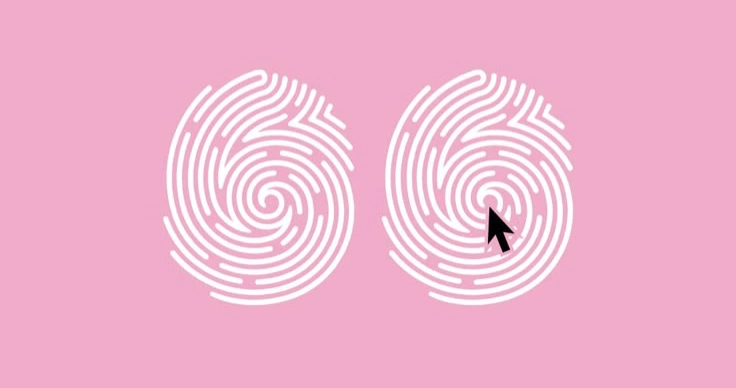
Breast Cancer Awareness Month is a time to talk about health openly, without embarrassment or fear. It is a time to come together for a future where the words “breast cancer” will no longer sound like a sentence.
Let the pink ribbon be a symbol of hope, support, and strength. Let it remind us that each of us can contribute to the fight for life.
World AIDS Day is not only about statistics and medical terms. Behind the numbers are millions of real stories: stories of courage, struggle, and hope.
The human face of the epidemic
When we talk about HIV/AIDS, it is important to remember that it is not a faceless disease. It is about people: some have been living with the diagnosis for decades, others have only recently learned about their status. For each person, it is a challenge that requires strength and support from society.
Breaking stereotypes
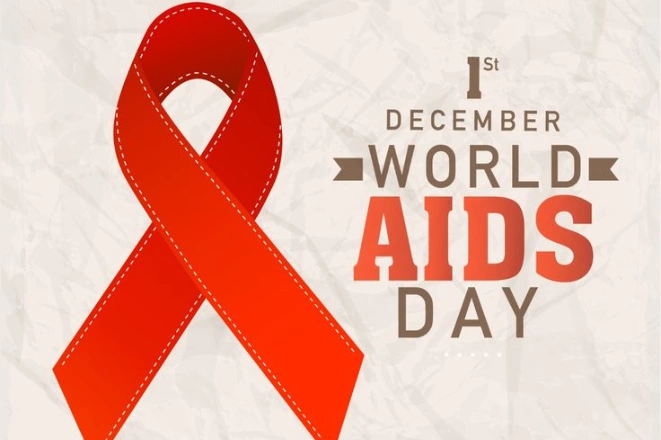
Stigma and myths about HIV still exist. People can be judged, isolated, or denied equal rights. World AIDS Day reminds us: HIV does not make a person “different” or “less worthy.” It does not define their identity or their value.
The power of community
In many countries, organizations and initiatives support people living with HIV. They provide medical care, psychological assistance, and safe spaces where people can speak openly without fear or shame. These communities play a vital role in overcoming isolation and spreading knowledge.
Hope and progress
Medicine has advanced greatly in recent years. Those who take antiretroviral therapy can live full, active lives — working, building families, and pursuing their dreams. HIV is no longer a death sentence, and this progress is the result not only of science but also of the global struggle for equal rights and access to treatment.
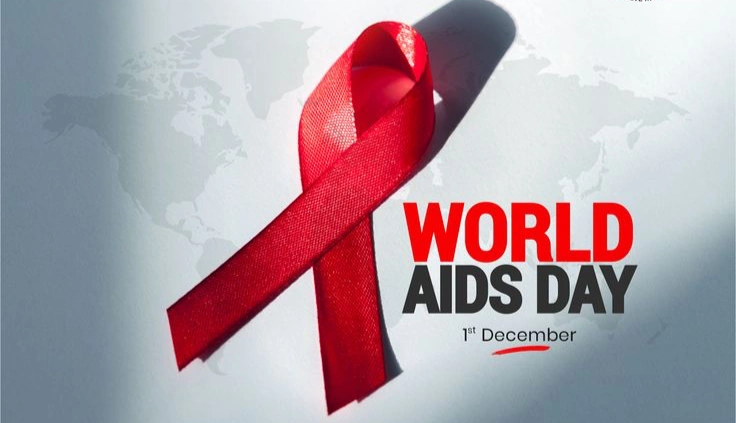
Memory and the future
World AIDS Day is also a day of remembrance. We honor those we have lost while looking to the future with hope. Every new step in science, every awareness campaign, and every act of solidarity brings us closer to a world without fear and prejudice.
Conclusion
World AIDS Day reminds us that the fight against the epidemic is not only about medicine. It is about respect, compassion, and the willingness to listen to the voices of those living with HIV. And those voices must be heard above all.
October 10th marks World Mental Health Day, a global event dedicated to raising awareness about the importance of emotional well-being, prevention, and support for those facing psychological challenges. Established by the World Federation for Mental Health in 1992, this day has since been a platform to address key issues affecting mental health worldwide.
Why It Matters
Mental health shapes how we think, feel, interact, and cope with life’s challenges. It impacts our quality of life, productivity, and our ability to maintain healthy relationships. Stress, anxiety, depression, and burnout are not just passing phases — they are real concerns that require understanding and proper care.
Theme of 2025
Each year, World Mental Health Day focuses on a specific theme, from increasing access to mental health care to combating stigma. The core message remains the same: mental health is just as important as physical health, and support should be available to everyone.
Breaking Stigma
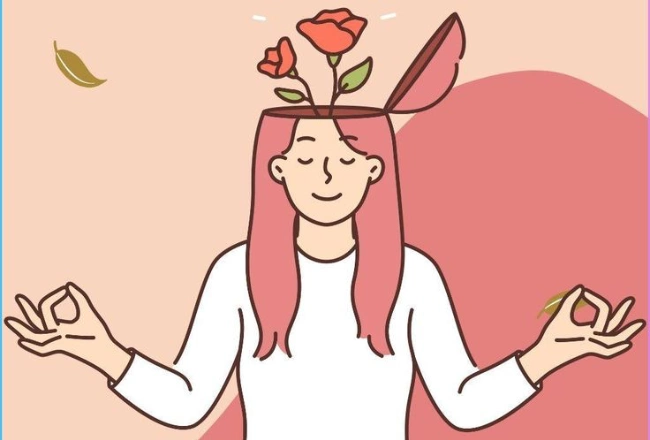
In many cultures, mental health issues remain a taboo topic. This leads to fear, shame, and hesitation to seek help. Public awareness campaigns, education, and sharing personal stories are essential to breaking down prejudice and building acceptance.
Ways to Get Involved
- Start Conversations with friends and family about self-care and emotional well-being.
- Offer Support to someone going through a difficult time.
- Learn relaxation techniques, meditation, or breathing exercises.
- Participate in charity events, talks, or workshops on mental health.

The Key Message
World Mental Health Day is a reminder that caring for your inner world is not a luxury, but a necessity. Every one of us can make a difference — by listening, offering kindness, and creating safe spaces. A healthier society begins with the mental well-being of each individual.
Breast cancer is not a death sentence if detected early. Every October, the world unites under the pink ribbon — a symbol of hope, awareness, and determination — to remind people about the importance of monitoring breast health and supporting those affected by the disease.
While breast cancer is far more common among women, men can also develop it, and their cases are often diagnosed at a later stage because awareness is lower. That is why education, vigilance, and access to screening are vital for everyone, regardless of gender.
The Importance of Early Detection
Breast cancer often begins silently, without pain or visible symptoms. By the time it is noticeable, it may already be in an advanced stage. However, modern medical tools make early detection possible. Monthly self-examinations help individuals become familiar with their own bodies and notice changes such as lumps, skin dimpling, or unusual discharge. Medical checkups — including mammography and ultrasound — can reveal issues long before they become serious.
Health experts recommend:
- Self-examination every month, ideally a few days after your menstrual cycle ends.
- Annual clinical exams by a healthcare provider.
- Regular mammograms for women over 40, or earlier if there is a family history or genetic risk factors.
Global Action and Solidarity
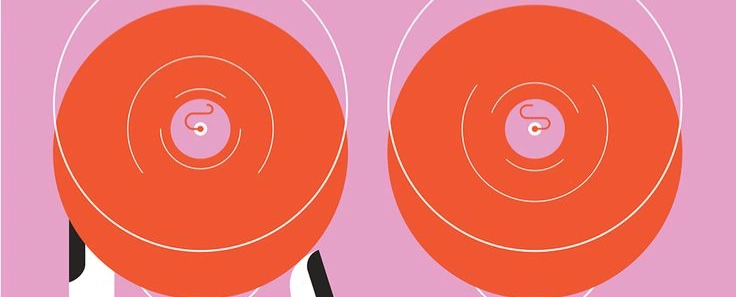
Breast Cancer Awareness Month is marked by a wave of initiatives worldwide. Cities light up in pink, charity runs draw thousands of participants, and public events provide free medical screenings and educational sessions. Social media campaigns share survivor stories, tips on early detection, and fundraising opportunities.
The purpose of these events is twofold — to raise money for research and patient support, and to create a community of solidarity. Listening to survivors share their journeys — from the fear of diagnosis to the relief of remission — inspires others to take preventive action and offers hope to those currently in treatment.
How You Can Help
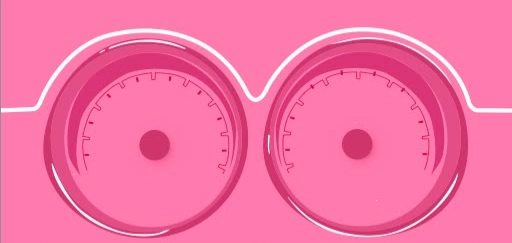
Even small actions can make a big difference:
- Educate yourself and others about breast cancer symptoms and prevention.
- Support charities that fund research or assist patients financially and emotionally.
- Encourage loved ones to get screened, especially if they are at higher risk.
- Share accurate information on social media to combat myths and misinformation.
A Call to Action
This October, take a step for your health — whether that means booking your mammogram, learning self-examination techniques, or starting a conversation with friends and family. Your voice and your actions matter.
Breast cancer is a challenge, but it is a challenge we can meet with awareness, science, and solidarity. Together, we can save lives, offer hope, and work toward a future where fewer families are affected by this disease.
October is globally recognized as Breast Cancer Awareness Month — a dedicated time to raise awareness about one of the most common and life-impacting cancers affecting women worldwide. While the pink ribbon has become a universal symbol of hope and solidarity, this month is about much more than wearing pink. It is about sharing knowledge, supporting research, encouraging early detection, and standing together in the fight against breast cancer.
Why It Matters
Breast cancer affects millions each year, but when detected early, the survival rates are significantly higher. The disease often develops quietly, without clear symptoms in its initial stages, making regular screening and self-awareness essential. Modern diagnostic tools — such as mammography, ultrasound, and MRI — along with monthly self-examinations, allow women to detect changes before they become life-threatening.
Certain factors may increase the risk, such as age, family history, genetic mutations (like BRCA1 and BRCA2), hormonal factors, and lifestyle habits. However, breast cancer can also occur in those without any known risk factors, which is why awareness and vigilance are key for everyone.
Global Movement
Throughout October, landmarks, buildings, and even entire city skylines are illuminated in pink as part of the “Pink October” movement. From charity walks and marathons to educational workshops and free medical screenings, communities come together to spread awareness and raise funds for research and patient support.
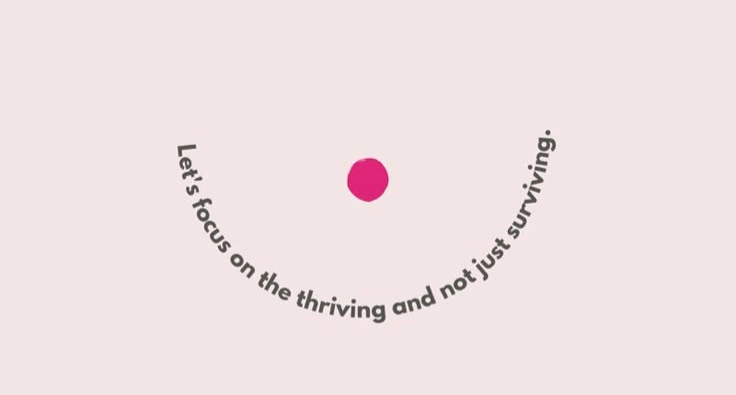
These events are not only about raising money but also about building a sense of community for survivors, patients, and families. Hearing the stories of those who have faced breast cancer — their resilience, struggles, and victories — can inspire others to prioritize their health and never lose hope.
How You Can Take Action
You do not have to be a doctor or a scientist to make a difference. Here are simple but powerful ways to contribute:
- Learn and practice breast self-exams once a month, ideally a few days after your menstrual cycle ends.
- Schedule regular screenings — mammograms are recommended annually or biennially for most women over 40, but your doctor may advise earlier or more frequent testing.
- Share information with friends, family, and colleagues. Awareness spreads through conversations.
- Support charities and organizations dedicated to breast cancer research, patient assistance, and advocacy. Even small donations can help fund critical studies and provide resources for those in need.
- Encourage open dialogue — breaking the stigma around talking about breast health can save lives.
A Message of Hope
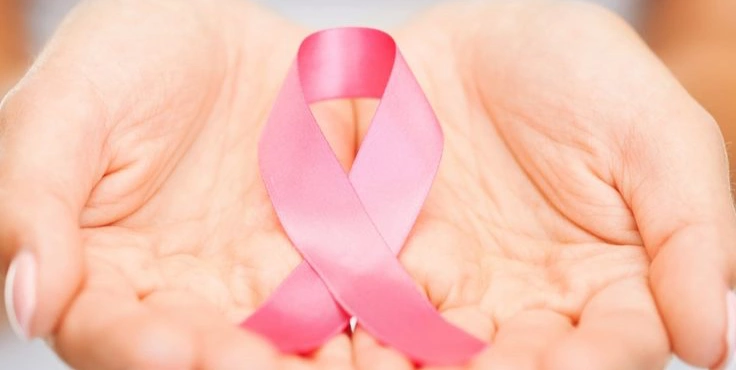
Breast Cancer Awareness Month is a reminder that while the fight against cancer is challenging, it is not fought alone. Advances in treatment, increasing awareness, and growing global solidarity are changing the future of this disease. Survivors are living proof that early detection works and that support systems — both medical and emotional — can make all the difference.
This October, wear your pink ribbon proudly, schedule that check-up you have been postponing, and encourage others to do the same. Your awareness, your voice, and your actions could save a life — maybe even your own.
Losing weight is a goal many people strive for, and advice on how to achieve it is everywhere. But are these tips truly universal? What hidden challenges might you face on the path to your ideal body shape? In this article, tailored for residents of Saudi Arabia and the Emirates, we will explore some of the lesser-known obstacles in weight loss and offer practical solutions, including dietary supplements, to help you overcome them effectively and safely.
The Link Between Excess Weight and Constipation
Individuals carrying extra weight tend to experience constipation more often than those with normal weight. This connection is largely due to dietary habits: fast food and simple carbohydrates dominate many people’s meals. Such foods are quickly digested, which not only leads to further weight gain but also disrupts the normal functioning of the gastrointestinal (GI) tract.
Constipation and weight gain are closely related — studies show that overweight and obese individuals suffer from stool retention multiple times more frequently. Attempting to lose weight through dieting often doesn’t resolve this issue. When a diet lacks sufficient fiber and vitamins, stool formation is impaired. Small, poorly formed stools move slowly through the intestines, worsening constipation.
“I Started a Diet and Now I Have Constipation”
More than half of people who go on a diet experience constipation either during or after the process. This happens because the body reacts to changes in the usual eating pattern. Experts identify three main mistakes people make when trying to lose weight that contribute to constipation:
- Insufficient Water Intake: Water plays a vital role in the body’s biochemical processes, including stool consistency. Drinking less than two liters daily can impair digestive function. It’s recommended to drink water about 30 minutes before meals and avoid consuming it immediately after eating—wait at least 40 minutes.
- Too Little Food or Irregular Eating: Skipping meals or eating infrequently can cause what’s called alimentary constipation. You can reduce portion sizes but should not starve yourself. Aim to eat up to six times a day, ensuring no more than a five-hour gap between meals. Healthy snacks are a great way to prevent long fasting periods.
- Overly Restrictive Diet: The body needs a daily supply of nutrients and fiber. Monodiets, where you eat only one type of food (like just chicken breast or one grain), are harmful. A balanced diet should include lean meats, fish, poultry, fresh vegetables and fruits, dairy products, various grains, and healthy fats like olive oil.
Sudden drastic changes to your diet can stress the body. Many people trying to lose weight change their eating habits overnight, which overwhelms the digestive system. Diets like the Dukan diet force you to eat monotonous meals, which can reduce the gut’s activity and worsen constipation.
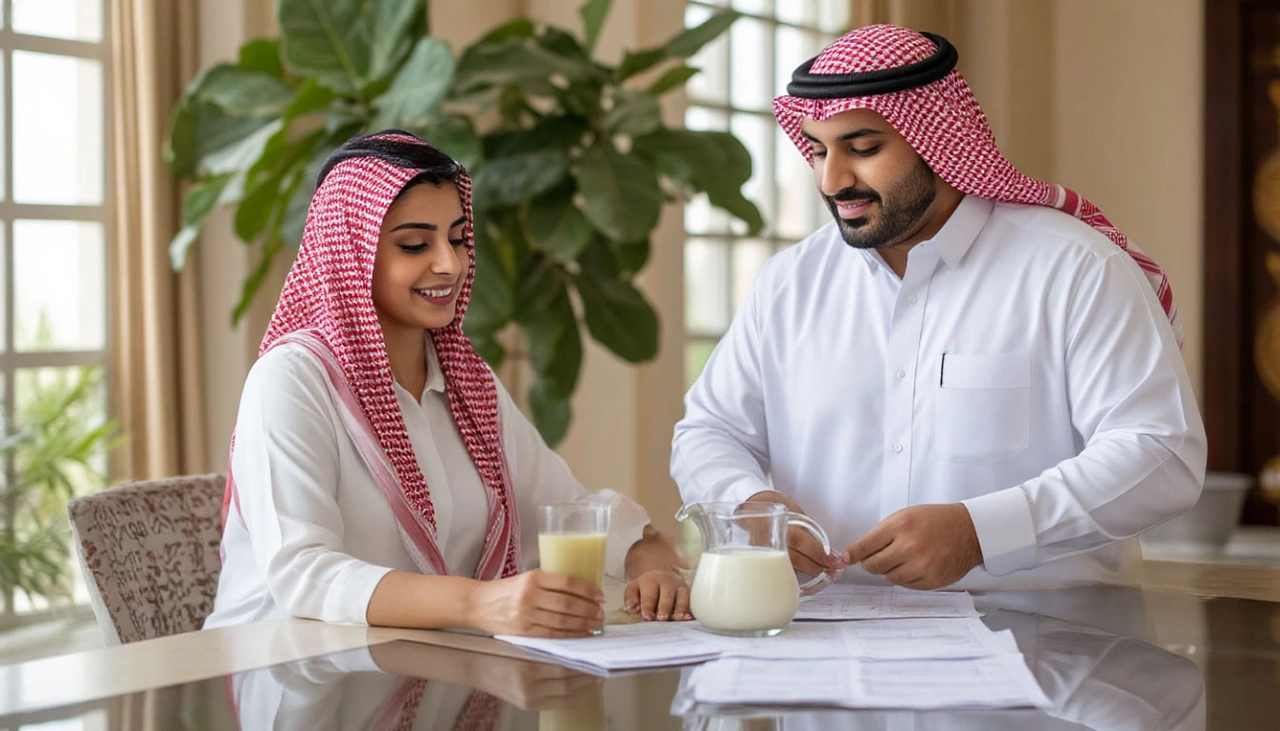
🥗 Effective Rules for Weight Loss Success in Saudi Arabia & Emirates
What are the proven principles you should follow to lose weight healthily and avoid common pitfalls?
- Adopt a Balanced Diet Gradually. Rapid weight loss through harsh dieting usually fails in the long term. Crash diets can cause yo-yo effects and increase cravings. Make sustainable changes step by step. Over time, your metabolism will adapt, and fat will burn naturally. Patience and consistency are key.
- Maintain a Consistent Eating Schedule. Eating meals at regular intervals positively influences metabolism and hunger control.
- Increase Your Water Consumption. Replace sugary soft drinks with water as much as possible. Limit tea and coffee with sugar. When hunger strikes, try drinking water first—it often reduces cravings.
- Get Adequate Sleep (7+ Hours). Lack of sleep forces your body to seek energy from food, often leading to overeating. A restful night helps regulate hunger hormones and provides energy.
- Stay Physically Active. If you can’t go to the gym, exercise at home. Allocate time for morning stretches or quick workouts. Enjoy outdoor walks and find a physical activity you love—dancing, skating, climbing, or swimming. The important part is to keep moving joyfully.
🌿 Supplements to Support Digestion and Weight Loss in Saudi Arabia & Emirates
Supporting your diet with supplements can help regulate bowel function and improve weight loss results. Especially in environments where fast food and busy lifestyles are common, supplements become essential.
Look for these helpful supplements:
- Fiber Supplements (Psyllium, Inulin): To increase stool bulk and improve transit time.
- Probiotics: To balance gut bacteria and improve digestion.
- Magnesium: Helps relax intestinal muscles and soften stools.
- Digestive Enzymes: Aid in the breakdown and absorption of nutrients.
- Multivitamins: Ensure you get essential nutrients that might be missing in restrictive diets.
Using these supplements alongside a balanced diet and lifestyle can significantly improve digestion, reduce constipation, and support sustainable weight loss.
In conclusion, weight loss journeys in Saudi Arabia and Emirates come with unique challenges, but with informed choices, gradual changes, and proper support through diet and supplements, you can achieve your goals without compromising your health. Remember, patience and consistency are your best allies on the path to lasting well-being and a healthier lifestyle.
In today’s fast-moving world, the pace of life has accelerated so much that many people struggle to cope with mounting mental pressures and often live under constant stress. According to global statistics, about 77% of people regularly experience physical and psychological symptoms linked to stress, and over half (54%) admit that ongoing excessive tension is a primary cause of conflicts with family and close ones. This article explores how acute stress impacts the human body, why it can be dangerous, and practical ways to calm down and restore your mental well-being—especially relevant for those living in Saudi Arabia and Emirates, where fast lifestyles and unique cultural factors influence stress levels.
What Is Acute Stress?
Acute stress is a short-term reaction triggered by a strong stressor that can manifest both psychologically and physically. Common symptoms include uncontrollable anxiety, numbness, despair, fear, irritability, aggression, rapid heartbeat, and dizziness.
Clinically, acute stress includes an immediate stress reaction lasting up to two days and an acute stress disorder lasting up to four weeks. This process happens in two stages:
- Stage One: Confusion and disorientation dominate, with narrowed perception and focus.
- Stage Two: Symptoms may shift to anxiety, panic, physical complaints (like palpitations), anger, or stupor.
These symptoms usually develop within minutes and often subside over 24 to 48 hours.

Why Is Acute Stress Dangerous?
Without timely intervention, acute stress reactions can escalate into acute stress disorder and eventually chronic stress (distress), severely affecting both mental and physical health. Persistent nervous tension can weaken the body’s defenses and adaptability, leading to chronic diseases.
For example, the increased heart rate and blood pressure common in acute stress raise the risk of cardiovascular issues such as hypertension and ischemic heart disease. Psychosomatic problems including tension headaches, migraines, and sleep disorders are also linked to unmanaged stress.
On a psychological level, distress can lead to anxiety, depression, panic disorders, and damage interpersonal relationships and professional performance.
How to Calm Down? Stress Relief Techniques for Saudi Arabia & Emirates
In psychological practice, various techniques help people manage acute stress. Since stress reactions vary widely, the choice of method depends on individual response patterns. Below are common stress reactions and effective ways to regain calm.

😭 Hysterical Reaction (Emotional Outburst)
This reaction involves intense emotional energy release, where a person may scream, wave their hands, and cry. At this stage, self-help is challenging because the person is overwhelmed emotionally and often confused about what is happening.
Recommendations: Try to isolate yourself if possible, splash cold water on your face, and practice controlled breathing exercises: inhale, hold breath for 1–2 seconds, exhale slowly through the nose, pause for 1–2 seconds, then inhale again slowly. Repeat until you feel calmer.
😡 Aggressive Reaction (Anger, Rage)
Anger is another high-energy response, which can be verbal (threats) or physical (aggressive acts). Unchecked anger spreads quickly and can involve others, escalating conflicts into serious disputes.
Recommendations: Physical activity is key to reducing aggression. Engage in exercises like running, jumping, squats, or hitting a pillow. Once calmer, communicate your feelings constructively.
😨 Fear Reaction
Fear protects us from danger but becomes harmful when it is irrational or so intense that it paralyzes thought and action. Recommendations: Use breathing or physical exercises to manage fear. Identify and articulate what frightens you, preferably aloud or to a trusted person, as sharing fears reduces their power. At signs of increasing anxiety, immediately practice calming breaths and verbalize your concerns.
🌿 The Role of Supplements in Managing Stress in Saudi Arabia & Emirates
For some individuals, managing acute stress can be exceptionally difficult. In these cases, specially formulated dietary supplements designed to support the nervous system and promote emotional stability can be very helpful.